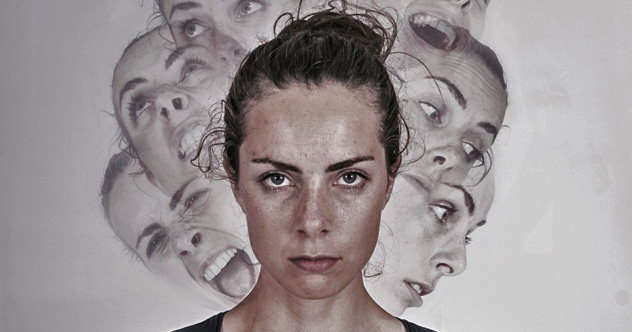Dissociative Disorder Causes, Symptoms, Diagnosis and Treatment

What are Dissociative Disorder?
Dissociative disorder (DD) are conditions that involve disruptions or breakdowns of memory, awareness, identity, or perception.
People with dissociative disorders use dissociation, a defense mechanism, pathologically and involuntarily.
Someone with a dissociative disorder may have memory loss or may feel:
- that their body or the world around them is unreal
- uncertain about who they are
- that they have many different identities
Three main types of dissociative disorders include:
- dissociative amnesia
- This is when one can’t remember incidents or experiences that happened at a particular time, or when one is unable to remember important personal information.
- depersonalisation-derealisation disorder
- For those suffering from depersonalization disorder, the world around them seems unreal. They may see objects changing shapes size or color. They may feel other people are robots.
- dissociative identity disorder
- This involves feeling uncertain about whom you are. You may feel as if there is a struggle within to define yourself.
It can affect people at any age and is nothing to do with a head injury or underlying health condition – it’s the result of the brain adapting to a difficult early life.
Causes Of Dissociative Disorder:
Dissociative disorders usually have a root cause in how copes in face of a trauma.
The disorders most often form in children subjected to:
- Long-term physical abuse
- Sexual abuse
- Emotional abuse
- A home environment that’s frightening or highly unpredictable.
The stress of war or natural disasters also can bring on dissociative disorders.
The disorders are likely to affect children because personal identity is still forming during childhood. So a child is more able than an adult is to step outside of him or herself and observe trauma as though it’s happening to a different person
A child who learns to dissociate in order to endure an extended period of youth may use this coping mechanism in response to stressful situations throughout life.
Symptoms Of Dissociative Disorder:
Signs and symptoms of dissociative disorders include:
- Memory loss (amnesia) of certain time periods, events and people
- Mental health problems, such as depression, anxiety, and suicidal thoughts and attempts
- A sense of being detached from yourself
- A perception of the people and things around you as distorted and unreal
- A blurred sense of identity
- Significant stress or problems in your relationships, work or other important areas of your life
Diagnosis of Dissociative Disorder:
Dissociative disorders are diagnosed via:
- Medical history
- Physical examination
- Psychiatric evaluation
- Tests to rule out physical causes for symptoms
Treatment of Dissociative Disorder:
The primary treatment for dissociative disorders is psychotherapy.
Also called talk therapy, counseling or psychosocial therapy, this involves talking about one’s disorder and related issues with a mental health provider.
In addition, the doctor may provide anti depressants, anti anxiety and anti psychotic medications to help control symptoms.
By : Natural Health News




